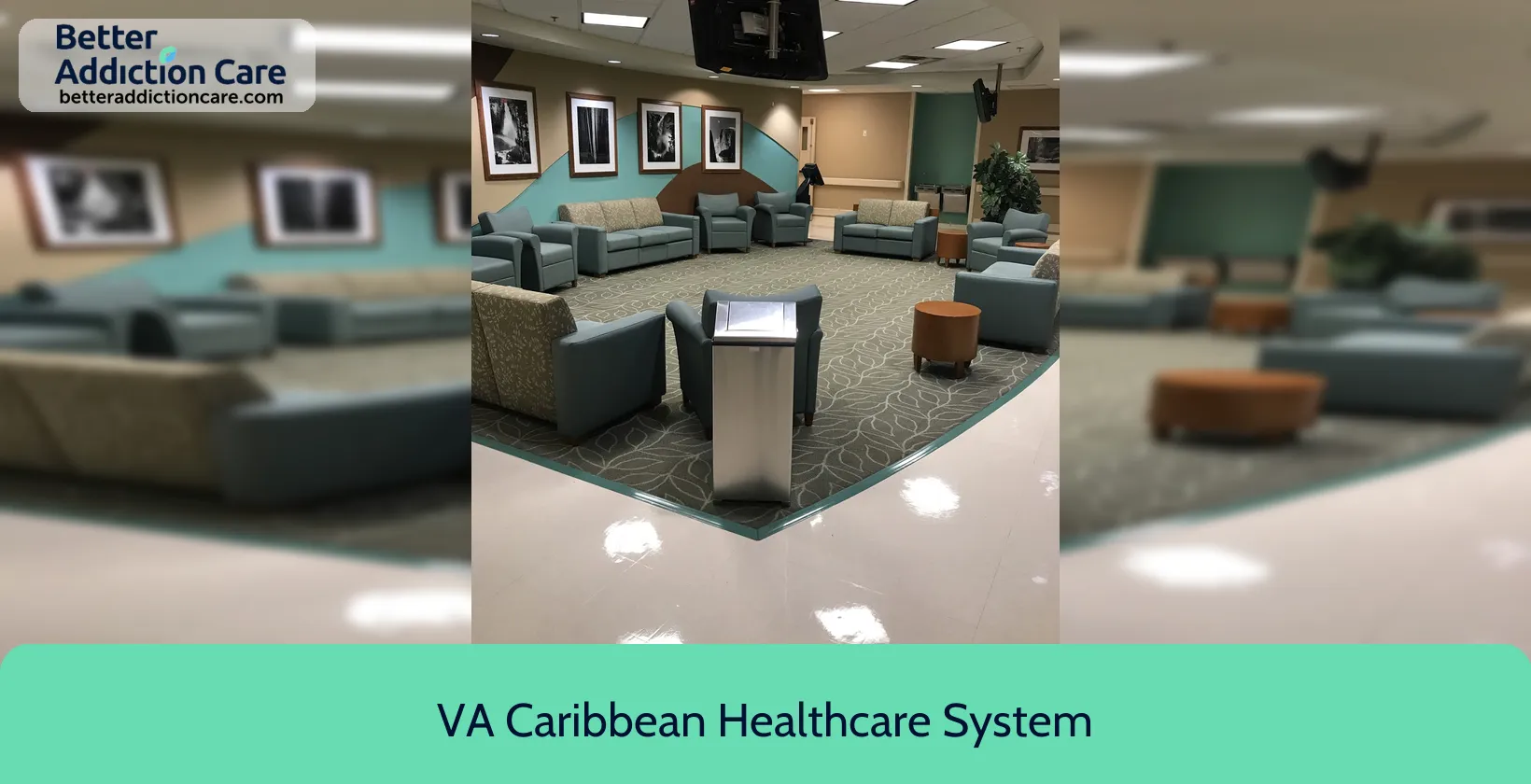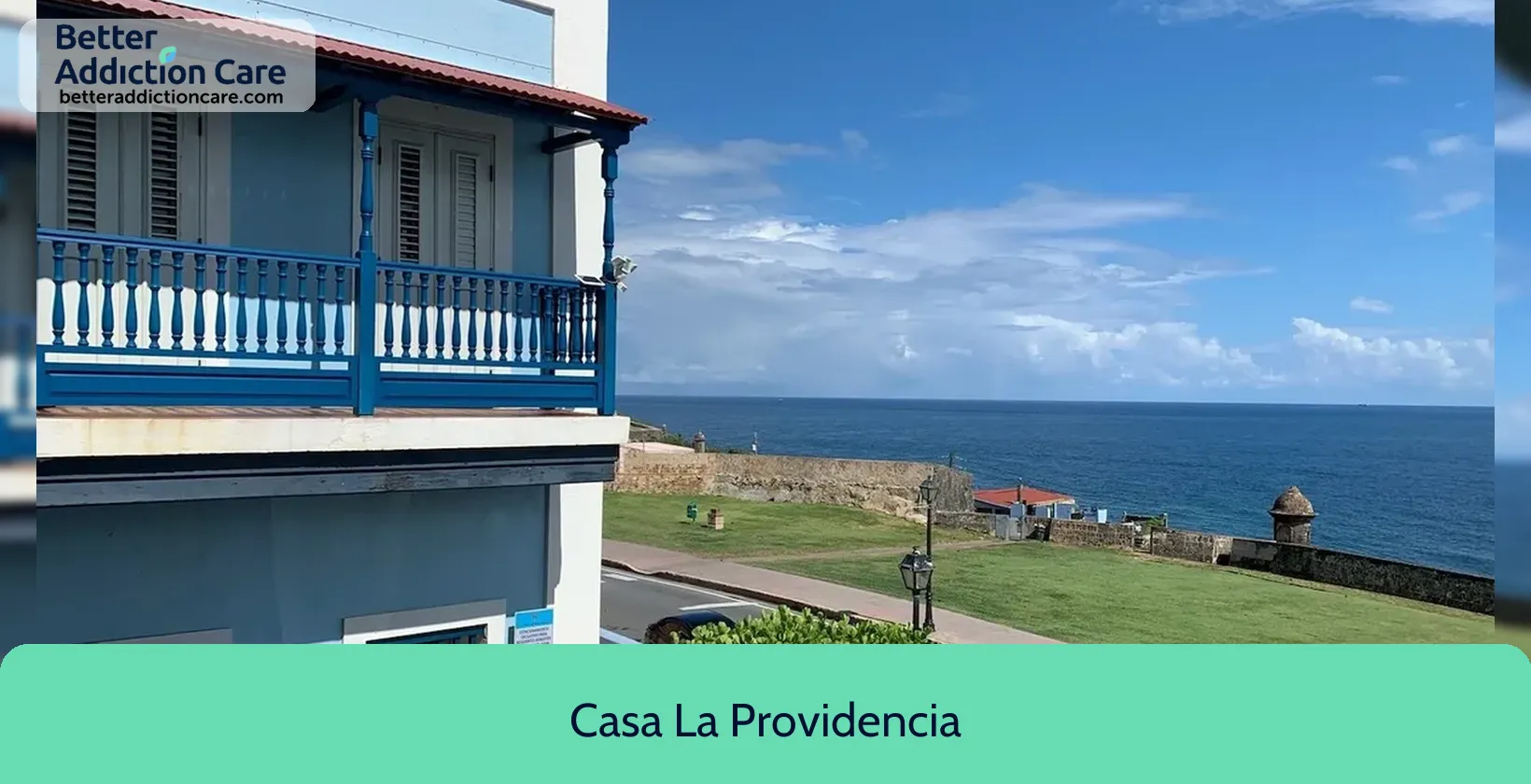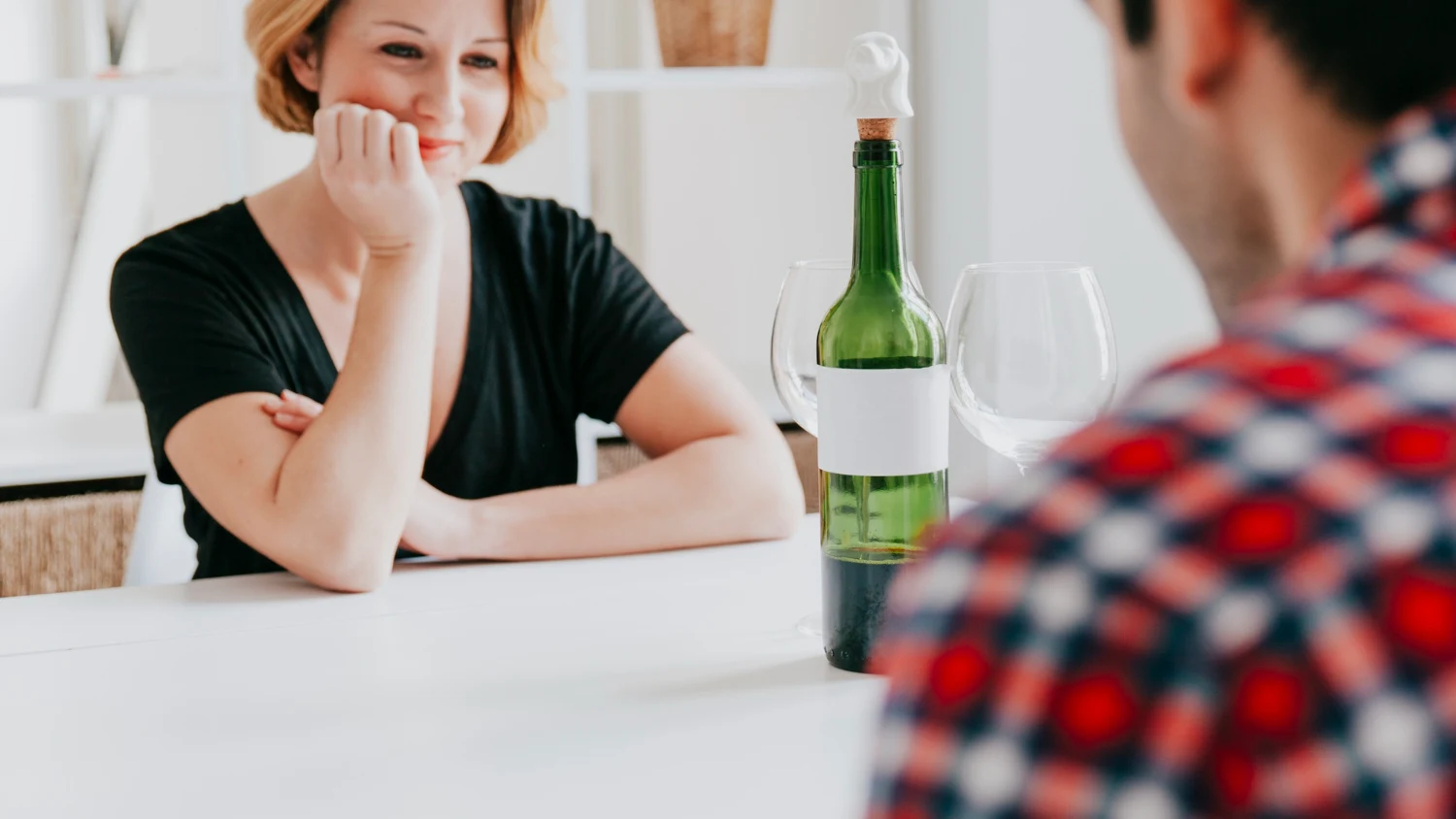3 Best Alcohol and Drug Rehabs in Puerto Rico 2025
Puerto Rico has 3+ drug rehab centers dedicated to helping individuals overcome addiction and reclaim their lives. Our directory provides a curated list of inpatient and outpatient facilities, detox centers, and medication-assisted treatment (MAT) programs to meet diverse recovery needs.
Find and compare treatment options, locations, and specialized services to choose the right path for you or your loved one. Whether you’re seeking medical detox, therapy-based programs, or long-term recovery solutions, this resource connects you with trusted providers in Puerto Rico.
Browse the listings below to explore accredited addiction treatment centers near you and take the first step toward lasting recovery.
3 Treatment Centers in Puerto Rico, US

8.09

7.25

6.83
Substance abuse and Mental Health facilities Report for Puerto Rico
Cheapest To Most Expensive State Rank
Substance Abuse Facilities
Number of Patients Annually
Annual Enrollments
M
Spent on Outpatient Services (Million)
Avg Outpatient Rehab Cost
Residential Admissions
M
Spent on Residential Treatment (Million)
Residential Rehab Pay (Up To)
Total Patients
Free Drug Rehab Facilities





